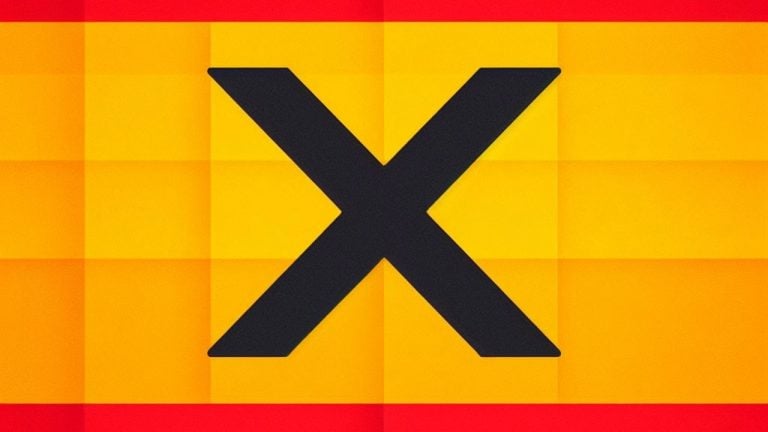
The Spanish securities regulator has recently hinted at investigating and sanctioning X (formerly known as Twitter) for allowing unlicensed providers to post crypto ads. According to Spanish law, social networks and other service providers must verify that ad campaigns come from authorized financial service providers.
Spanish Securities Regulator Hints at Taking Actions Against X
The Spanish securities regulator, the National Stock Market Commission (CNMV), hinted at taking action against X, formerly known as Twitter, for allowing unauthorized financial services providers to run crypto ads on its platform. Rodrigo Valbuena, president of the CNMV, stated that the institution had recently detected several ads on X’s platform that did not comply with the current crypto advertisement regulation.
At the Deloitte-ABC financial meeting, Valbuena described these ads, explaining that:
The advertising pieces illicitly use the image of some Spanish actors and impersonate the design and identity of a national media outlet to try to obtain data and money from investors.
Furthermore, Valbuena stressed that it was one of the clearest fraud attempts out there, saying that it was “difficult” to admit these ads could be spread as “regular, moral or legal” by any channel.
Spain’s Crypto Regulation and Social Networks
The Spanish regulation for stock markets includes an article that forces communications service providers and social platforms, such as ISPs and social networks, to take measures to avoid the diffusion of ads contracted by unlicensed entities. In Spain, these platforms are responsible for checking that their customers are not on the CNMV’s list of “pirate” operators and are authorized to lend financial services.
Valbuena clarified that the CMNV was responsible for surveilling these platforms and sanctioning the possible unfulfillments of these norms and that the institution would exercise all of its power to sanction those responsible in these cases.
He also bashed social network companies, emphasizing that these “should not accept even one euro as remuneration for unauthorized advertisements from companies designed to profit by deceiving their followers.”
The CNMV has been vigilant on how cryptocurrency service providers leverage traditional and non-traditional media to advertise their products. In 2022, the institution issued a circular establishing rules to be followed by mass cryptocurrency advertisement campaigns. Since then, the CNMV has registered 210 interventions, reviewed 1327 advertising pieces, sent 196 information requests, and applied sanctions to a single cryptocurrency campaign.
What do you think about the CNMV and its possible probe on X? Tell us in the comments section below.
from Bitcoin News https://ift.tt/4859gkE
Comments
Post a Comment